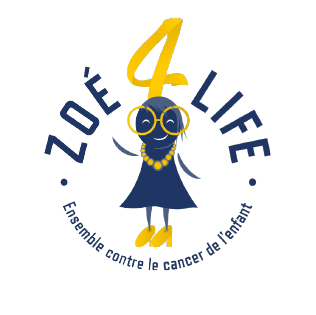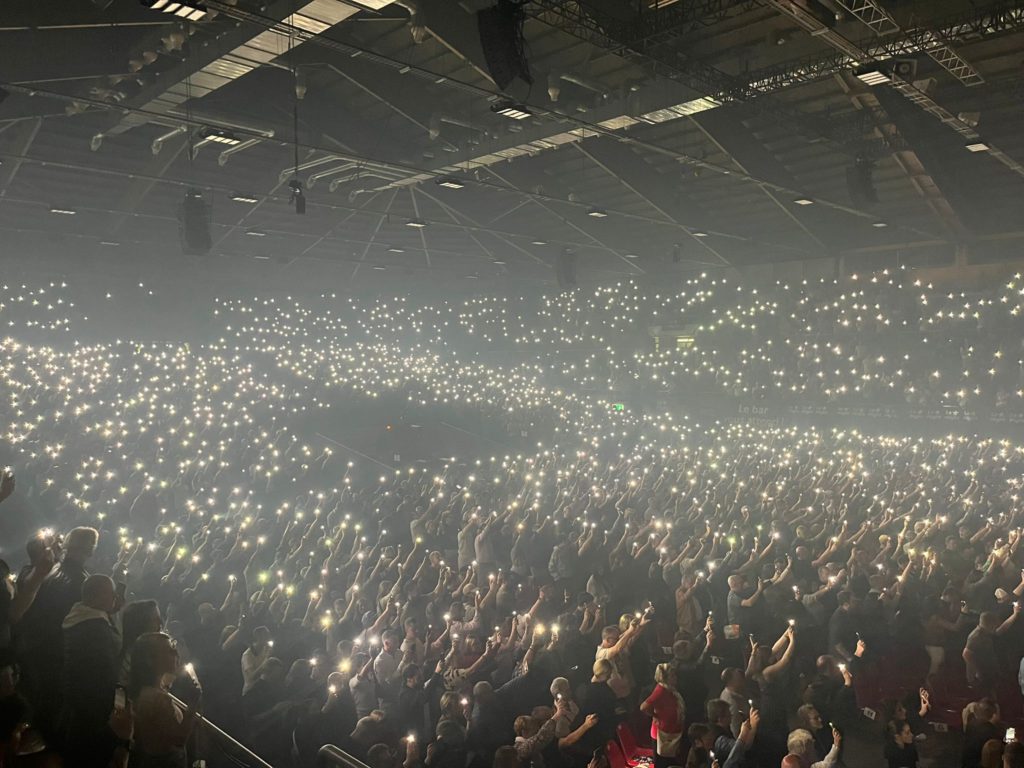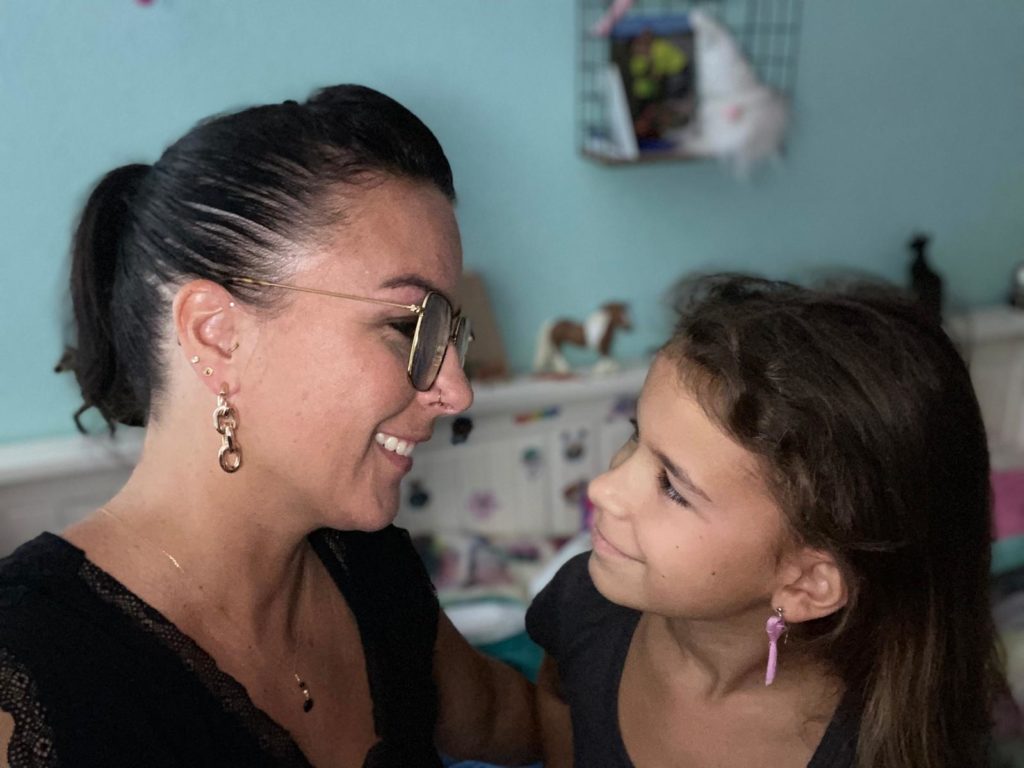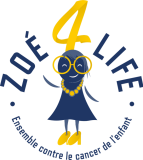Testimonial - Ricardo
"When I think back to that period when I was ill, I remember one feeling above all: Loneliness".
Ricardo was 7 years old when doctors diagnosed him with kidney cancer. Nephroblastoma, also known as Wilms' tumor. He remembers falling off a turnstile and seeing blood in his urine. Already suffering from abdominal pain for some time, he was quickly rushed to the emergency room. A diagnosis was made, and surgery was performed to remove the diseased kidney.
' My parents arrivedéof Portugal two years before this incident With almost no mastery I didn't speak French, so the hospital had to call in a translator. I underwent chemotherapy and radiotherapy. Once the treatments were over, I resumed my life more or less normally. we don't talk about these moments. Once the treatments are over, we prefer to put all that behind us and move on. My mom tended to overprotect me because she was afraid I'd hurt myself, but we never really talked about cancer again. ".

"When you only have one kidney, you have no other spare".
"I notice that I have a really hard time remembering this period. As a teenager, I blocked out this part of my life. I wanted to live like everyone else. Yet combat sports and high-risk sports were not recommended. It was necessary to adopt an impeccable lifestyle and watch one's weight to protect the remaining kidney. In spite of this, I did a lot of weight training, took part in high-risk sports and ate a lot of protein, which was not good for the kidney, which had to do the work of two.
' I totally forgot I had cancer. "
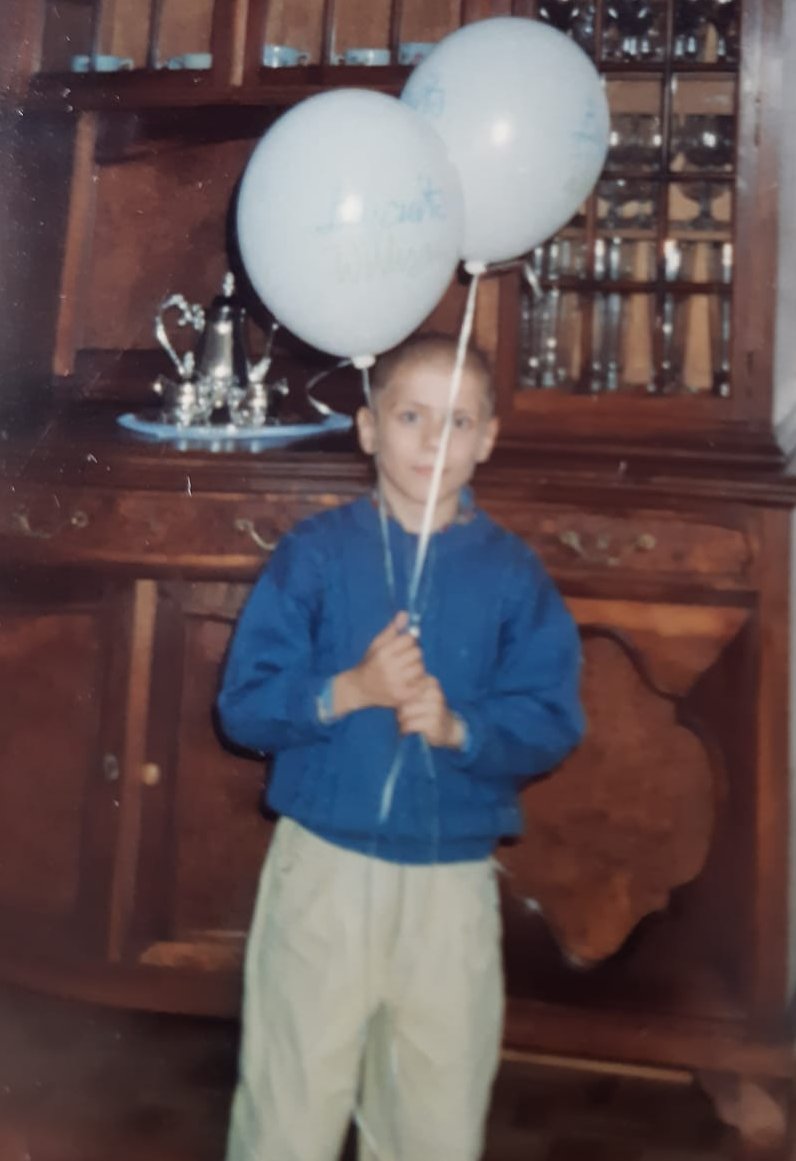
20 years later, Ricardo is in a relationship and they're talking about having a baby. Concerned that his past might have an impact on the life of this future child, he tries to find out more about his treatments, the possible risks of sterility or cancer transmission. He tries to ask his parents questions, but finds that this period is still very painful for them. His parents were Portuguese immigrants, and both worked very hard, holding down two jobs at the same time, which made it difficult to reconcile the demands of their two children, one of whom was seriously ill.
Wishing to preserve them, Ricardo taps into his buried memories and begins to feel emotions, sensations and flashes that have reappeared to him.
' This feeling of loneliness is the one I remember best. My parents had to work, often leaving me alone ".
Despite this complex situation, Ricardo's parents came to bring him food every day, as he refused the hospital food. His older brother also spent time with him, depending on his school schedule.
To access the information he was looking for, Ricardo applied to the hospital to consult his medical records. There he discovered the nurses' notes, indicating that he wasn't sleeping and was crying a lot. The rest, however, was too complex to understand.
"One day, a friend working in pediatrics at the HUG told me about the Zoé4life association. I contacted them and signed up as a volunteer. During my treatments, associations helped my parents, my brother and me. Now it's my turn to help. I remember we received a laptop from an association, complete with printer. It was my brother's and my first foray into computing, and today we've both made it our profession.
"I seized the opportunities offered by the association and joined the executive committee. I'm particularly interested in the long-term after-effects of cancer treatment. That's what connected me to my past, to my cancer. Through Zoé4life I discovered the existence of long-term follow-up with specialized doctors for people like me, who had cancer in their youth.
At one of these appointments, I was able to ask my questions and share my fears about possible infertility or the transmission of cancer to my future child. Fortunately, it turns out that I am not affected by the hereditary form of kidney cancer".
"I've found photos again and it's as if my brain is finally releasing these memories buried somewhere in my memory."
Ricardo was also surprised to learn that he had to undergo various tests due to the treatments, increasing the risk of developing a second cancer.
Heart tests and a colonoscopy every 5 years are required, as well as a urine test to check that the remaining kidney is functioning properly. His blood pressure must also be monitored regularly. During these examinations, an excess of calcium was found to be produced by the thyroid gland, which is harmful to the kidney. He therefore underwent an operation to remove it.
One day, Ricardo's doctor asked him to take part in an RTS program on the subject. He accepted, hoping that his experience could help others. This experience with television, the fact of having to tell and testify, was like a form of therapy. It gave him a better understanding of certain traumas, and helped him to move forward.
"The memories came flooding back. The vomiting after chemotherapy, the disgust of the milk they insisted I swallow after every anaesthetic. I remember playing in the park behind the hospital, watching from my bedroom window. The taste of my mom's cooking that my parents used to bring me still makes my mouth water. The red sticker was another flash that came back to me. To the question I kept asking: when can I go home? I was told: "You have to ask the people with the red sticker! They were the doctors.
"I had access to a room where there were video cassettes with films and cartoons that we could watch". He smiles as he recalls the nurse who reprimanded him when she caught him and his brother watching the movie put the name if you remember? "She thought we were too young for the film in question.
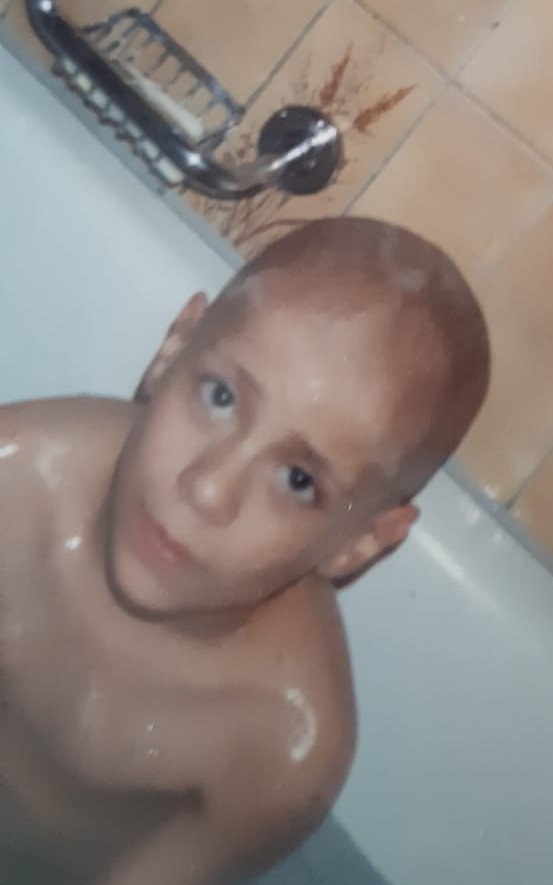
Today, Ricardo is the proud father of a little boy who is doing wonderfully well. He is committed to making progress so that more is known about the long-term after-effects, which are still largely unknown.
"I want to encourage people who have been through this to look at the long-term effects, because they do exist. You don't have to be paranoid, but I think it's important to be informed. One aim in this area is to set up an international register of long-term side effects. This will provide information for people now and in the future. This is an important reason for long-term monitoring.
"When you have cancer, you have it for life. All our lives, we'll have to keep an eye on certain things and automatically think about the cancer we've had. It will never go away, because there are psychological, moral and sometimes physical after-effects, and not talking about it is no good."
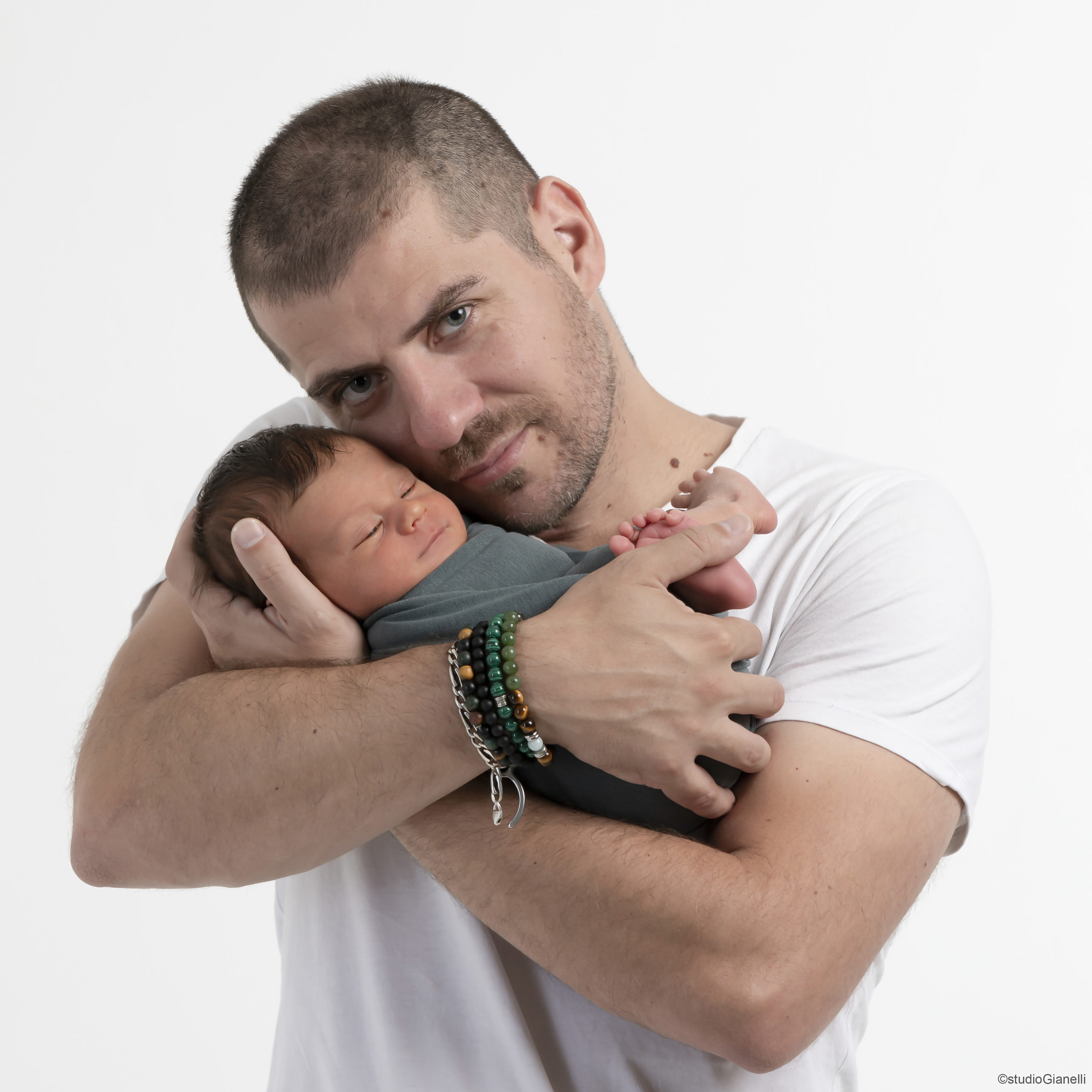
Testimony collected and written by Natalie Guignard-Nardin
